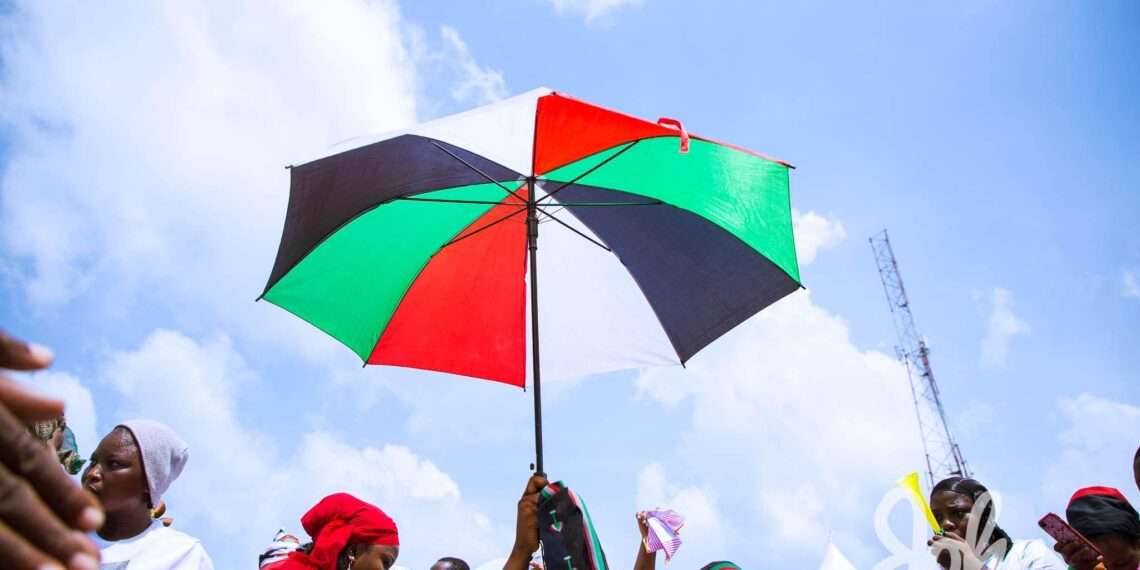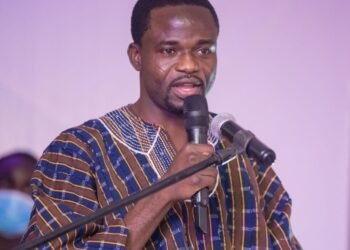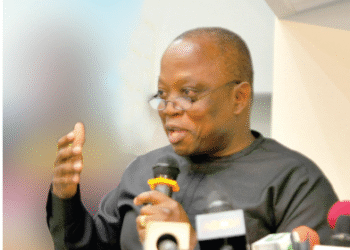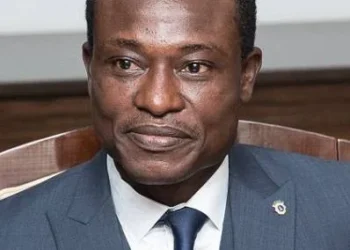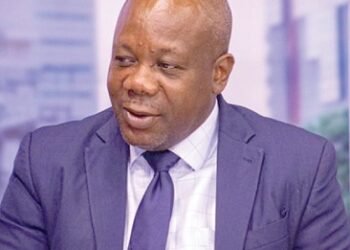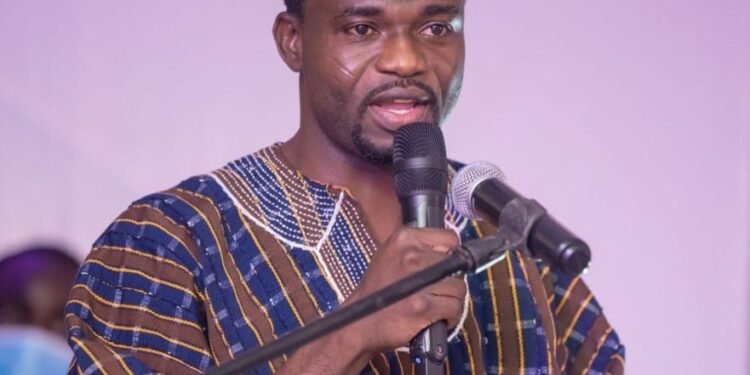Dr. John Osae-Kwapong, Fellow in Governance at the Centre for Democratic Development (CDD) Ghana, has expressed concern over the National Democratic Congress (NDC) growing mistrust of the Electoral Commission, warning that this sentiment could have distressing implications for the country’s democratic process.
Dr. Kwapong noted that the NDC’s return to IPAC after its exit had suggested a resolution to its issues with the EC, but he pointed out that this appearance contradicts the ongoing strained relationship, which has persisted since the 2020 elections.
“It is very worrying to see that the mistrust has returned and it even looks like it is deepening. Mr. Asiedu’s statement that trust cannot be the basis of any election is very worrying. Because for me, I believe that we go into these elections with some modicum of trust. We want to believe that everyone will play fair by the rules”.
Dr. John Osae-Kwapong
Furthermore, Dr. Osae-Kwapong stressed that public trust in the EC’s impartiality is crucial, as it is essential for the Commission to be perceived as a fair and neutral arbiter in addressing electoral issues.
As such, he warned that if public trust is lost, it would have grave consequences, making it a very worrying situation.
He pointed out that the NDC’s request for the serial numbers of BVRs deployed for registration lacks a clear justification, as no political party has ever made such a request in the past.
He reiterated that the ongoing dispute between the NDC and the EC stems from the NDC’s deep-seated mistrust of the Commission.
Furthermore, Dr. Kwapong found the EC’s grounds for rejecting the NDC’s request to be reasonable, suggesting that the EC has established robust administrative safeguards within the registration process to ensure its integrity.
As such, he indicated that these administrative procedures are aimed at assuring the public that the EC has taken adequate measures to prevent any potential manipulation or tampering.
He, however, cautioned that while these procedures are in place, they do not entirely rule out the possibility of legitimate concerns arising about the process’s integrity. “But for me, these steps should build some modicum of trust”, he added.
EC, NDC To Engage In Dialogue
Furthermore, Dr. John Osae-Kwapong urged the NDC and the EC to engage in constructive dialogue to address their differences, emphasizing that allowing their relationship to deteriorate further would be detrimental to the democratic process.

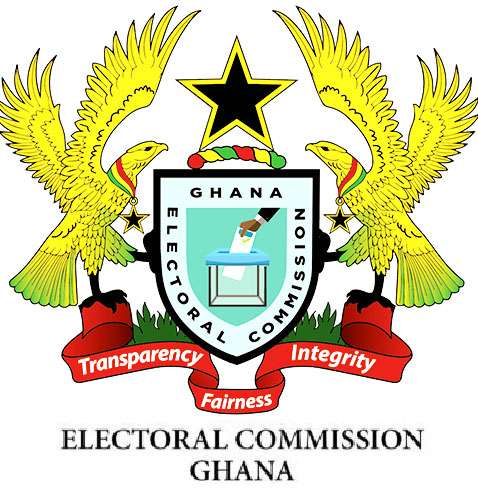
As such, he stressed the importance of finding common ground and building trust to ensure a smooth electoral process.
“They are already at odds, the suspicion is really brewing… The EC is maintaining and believing that look, we are doing our very best to ensure that we treat everybody fair. I am just hoping that the IPAC platform can become a very important platform for resolving this impasse. I am also hoping that at some point, a body like either the Council of State or the Peace Council can help these two resolve whatever suspicion issue there is”.
Dr. John Osae-Kwapong
Moreover, Dr. Osae-Kwapong stressed that a resolution is crucial because the NDC, as the main opposition party, plays a vital role in the democratic process, and their participation is essential for a credible election.
As such, he emphasized that fruitful cooperation between the NDC and the EC hinges on the NDC’s trust in the Electoral Commission, which is essential for a smooth and peaceful electoral process.
“We need them [NDC] to trust that the process will treat them fairly. But at the same time, we need to grant the EC the space to be able to do its work even as we monitor, we keep our eyes open, to make sure nothing untoward happens”.
Dr. John Osae-Kwapong
Dr. Osae-Kwapong appealed to both parties to dial down their rhetoric and inflammatory language, which has contributed to the escalating tension between them, and instead engage in constructive dialogue to diffuse the tension and find common ground.
READ ALSO: UNGA Passes Resolution To Expand Palestine’s Rights

